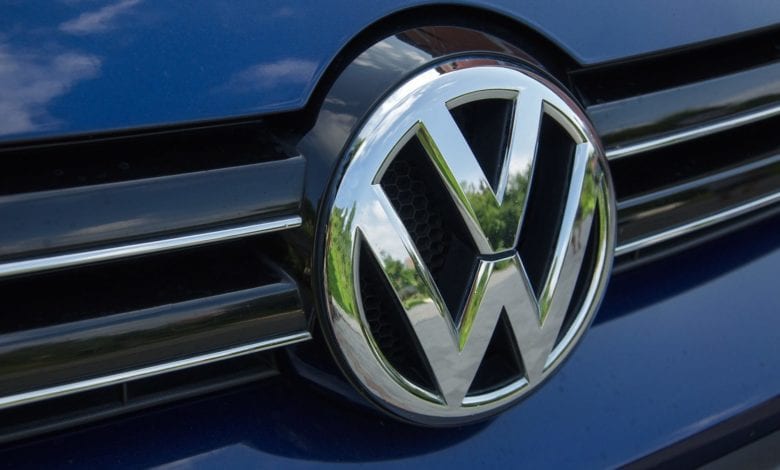Volkswagen’s unceasing nightmare is a lesson in honesty

Readers will recall the scandal surrounding faked emissions tests conducted by the car-making giant, Volkswagen, in recent years. In case you have forgotten, the controversy surrounded the manufacturer’s attempts to depress the emissions readings on regulatory testing of its vehicles in order to artificially meet the standards on CO2 that were introduced by the European Union.

